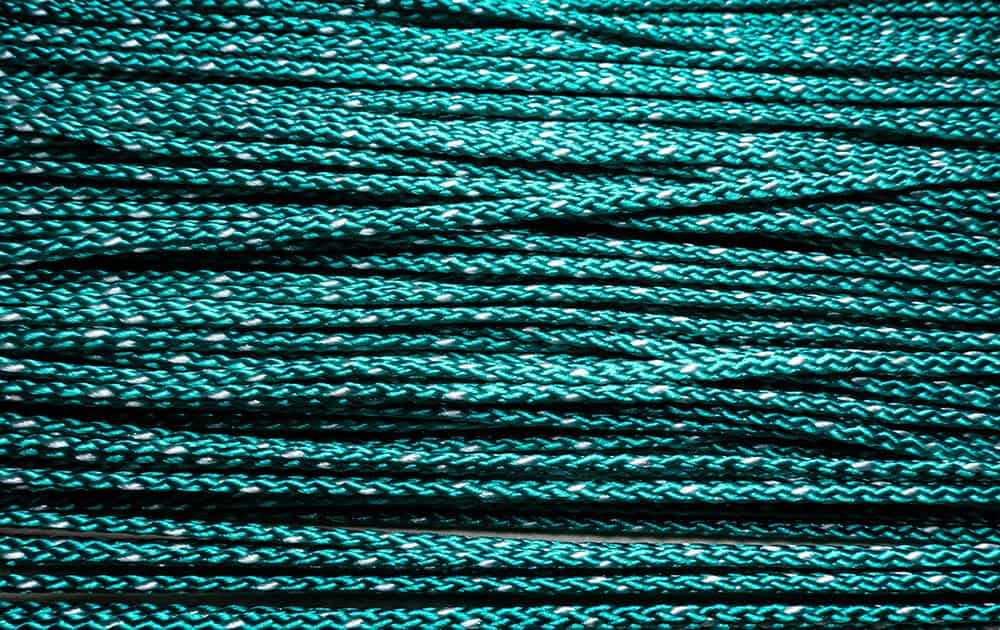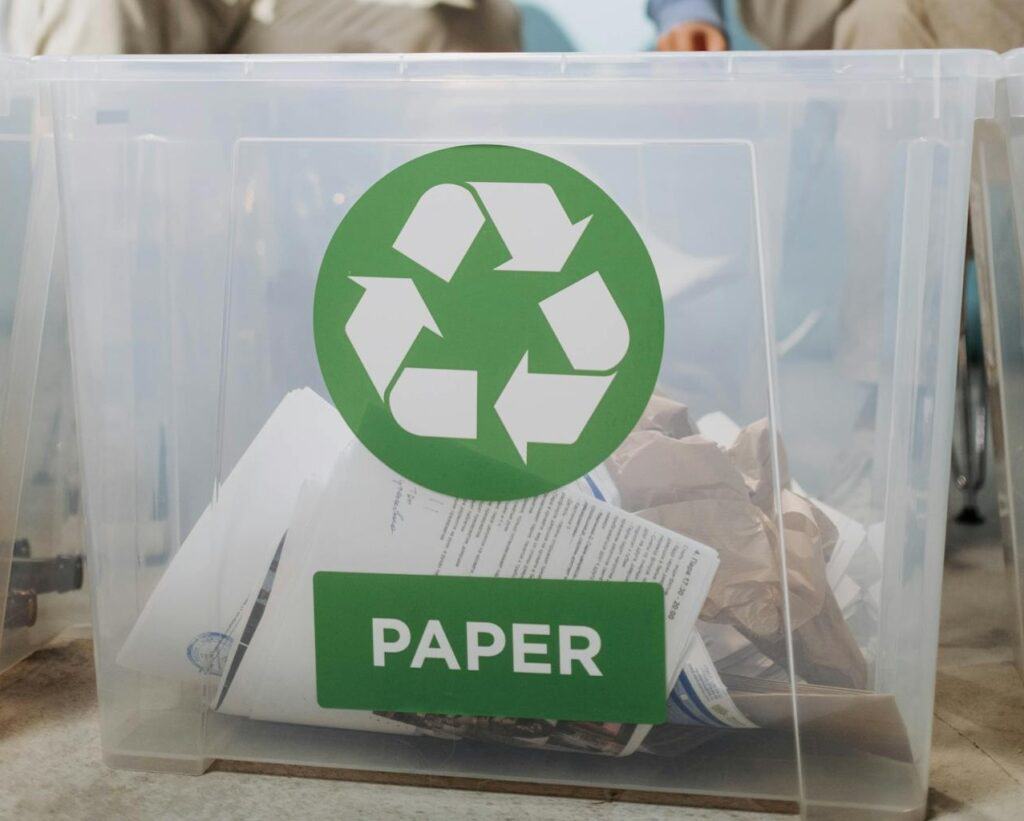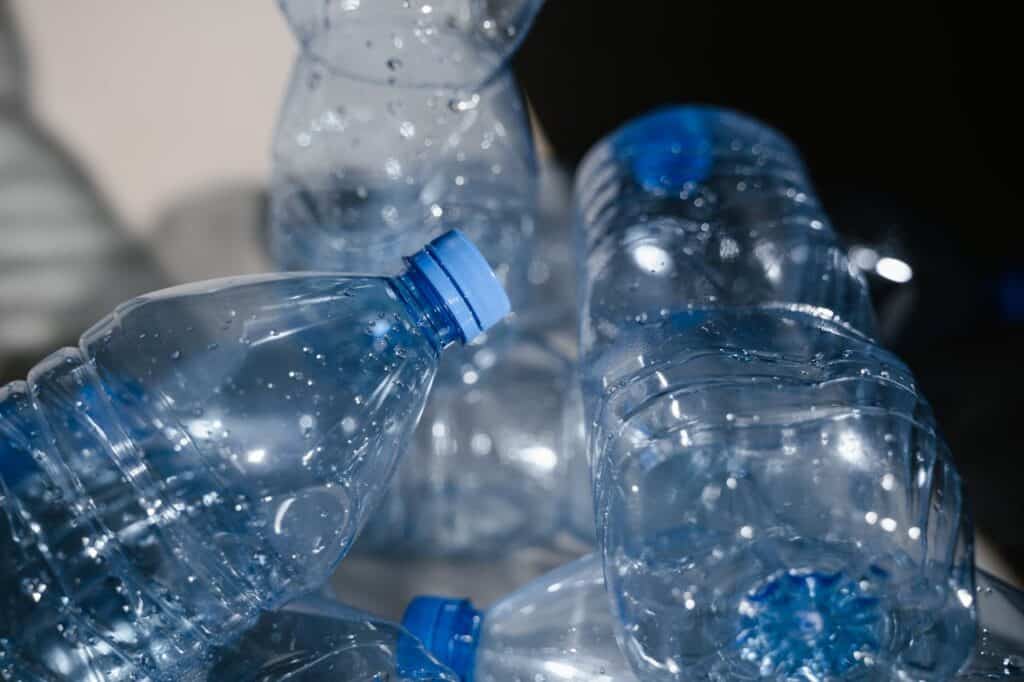Yes, polypropylene rope is widely recognised for its strength, durability and resistant properties. This type of rope is woven from three strands, producing its strong resistance to wear and tear. Despite being lightweight, it can handle significant loads, making it a popular choice for many applications.
How Is PP Rope Made?
Once polypropylene is produced, the extruded polypropylene fibres are cooled and solidified. The solidified fibres are then stretched or drawn to increase their strength. Stretching aligns the molecular structure, making the fibres more resistant to breaking.
The stretched fibres are gathered together and twisted to form yarns or strands. The amount of twist can be controlled to give the rope different properties. The yarns are then either twisted together in multiple layers (forming twisted ropes) or braided (in braided ropes) to create the final rope structure.
What Are The Properties Of Polypropylene Rope?
Rot-Proof
Since polypropylene rope is water-resistant, it doesn’t absorb moisture, making it rot-proof and ideal for wet environments like the sea and swimming pools.
Low Density
Polypropylene has a lower density than water, meaning it floats. This property is especially useful in marine applications and for synthetic ropes used in water sports.
Flexibility
This rope remains flexible even under heavy use, allowing it to be easily manipulated, tied, and untied, making it suitable for various tasks.
Chemical Resistance
Polypropylene is resistant to most chemicals, including oils, acids, and solvents, making it a good choice for industrial environments where exposure to chemicals is common.
Abrasion Resistance
The material is tough and can withstand rubbing or scraping against rough surfaces without significant wear, making it suitable for heavy-duty use.
Electrical Insulation
Polypropylene has insulating properties, meaning it does not conduct electricity, which is useful in electrical or utility applications where safety is important.
Where Is This Type Of Rope Commonly Used?
Polypropylene rope (PP rope) is used in a variety of applications, including anchor lines, climbing ropes, safety nets, and synthetic ropes for swimming pool lane dividers. It is also popular in construction, camping, and leisure activities.
However, it’s important to note that polypropylene ropes are less resistant to UV rays compared to nylon ropes, and prolonged exposure to sunlight can degrade their strength. Therefore, they should not be used for extended periods, especially in marine or outdoor environments exposed to intense UV rays.
We Recycle Rope Waste
If you produce large volumes of PP or nylon rope waste as a business, we are here to help. Our team provides collections nationwide for various types of rope, allowing you to sustainably recycle waste into new products. This not only ensures you are reducing your carbon footprint, but also enables you to create an efficient waste management process with minimal disruptions.








